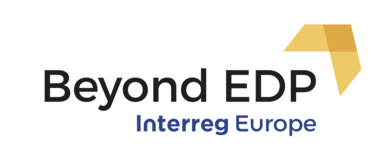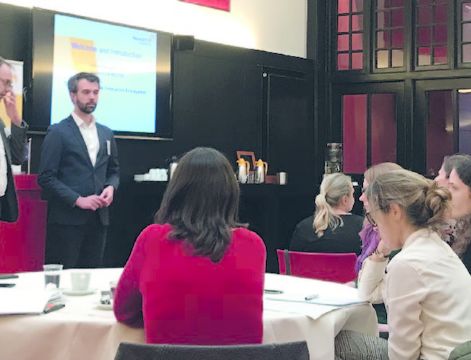In the Northern Netherlands, preparations for the next regional innovation strategy for ‘smart specialization’ (RIS3) are in full swing. The power of Smart Specialisation is that regions focus on areas in which they have a great potential, in the present time and in the future. The emphasis is placed on regional economic transformation, through a bottom-up identification of priorities that hold promise in this regard.
1.The process is more important than the choices we make
One of the things that I believe we have learned about Smart Specialisation in the last few years is that it is not easy to make good choices. Designing and implementing a Smart Specialisation Strategy (RIS3) takes more than just defining priorities at the outset and then focusing all policy instruments on those choices. Too frequently, we choose to focus on our current strengths, because there is so much uncertainty about new choices and developments. This could turn RIS3 into a choice for stagnation instead of innovation.
In my view, Smart Specialisation has a dynamic nature. Its goal is to kick off and then sustain a process of continuous entrepreneurial discovery that eventually leads to clear choices: a journey towards specialisation. This journey is a process of trial and error, and it is open to interesting developments, with opportunities that present themselves along the way. To leave everything to chance would lead to inefficiency, so we do make some choices at the outset. But they are not very restrictive. Think of them as ‘crash barriers’, defining a space in which the process of refinement takes place.
In the Northern Netherlands, we have come to call this the ‘dance floor’: a space where entrepreneurs, centres of knowledge and social organizations meet and develop ideas, initiatives and projects. They do not necessarily do this in collaboration, but there is a certain consistency to their activities here. The government does not make decisions regarding these meetings, but merely facilitates and supports them. The art is to create a climate in which ideas and initiatives emerge at the grassroots and grow into successful projects.
2. Social challenges steer the process
The current RIS3 of the Northern Netherlands is based on the following. Unlike many other regions, we start out by connecting to the challenges confronting our region. These revolve around health, food, water and sustainable energy. By doing this, we not only generate a commitment to serve our community and recognize a sense of urgency; we also push processes of innovation to transcend the borders of sectors and clusters.
For the new RIS3, we are also building on this foundation. Again, we are taking our cue from societal challenges, but these are now explicitly linked to European goals and the UN’s Sustainable Development Goals for 2030.
We are also looking to see if we can support the process of refining choices. We want to do this by operationalising societal challenges so that they form missions. We have realised that it is a big challenge to define and carry out missions successfully. Just as Smart Specialisation requires more than just making choices, mission-oriented innovation requires much more than just thinking up clever slogans. What counts most is generating support, commitment and enthusiasm among entrepreneurs, centres of knowledge, social organizations and citizens. To make that happen, we still need to meet "on the dance floor", where ideas and initiatives are emerging.
I think that we can successfully combine Smart Specialisation and mission-oriented innovation. I do believe that this can be done. But we must do this step by step, to create a beautiful dance across the floor.
Luc Hulsman, RIS3 Manager for the Northern Netherlands
Luc Hulsman has been interviewed for the Smart Specialization Platform of the European Commission. View the original (English) article on the website of the Smart Specialization Platform.









